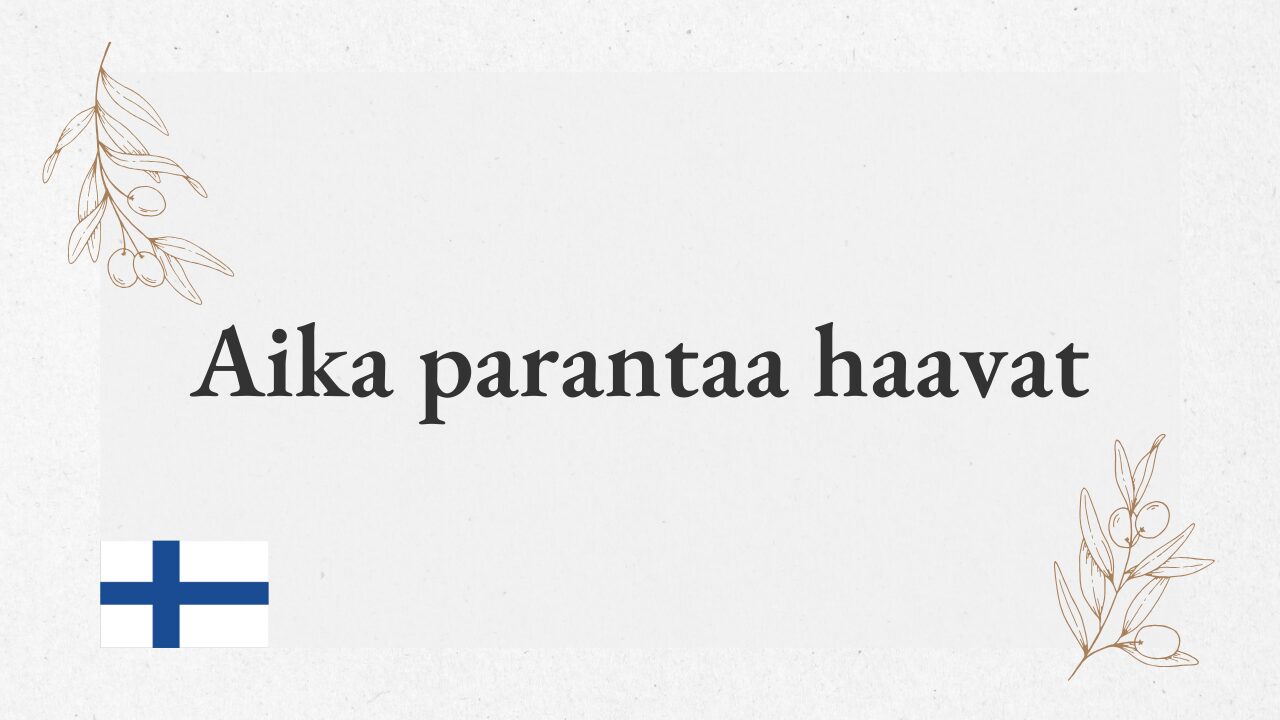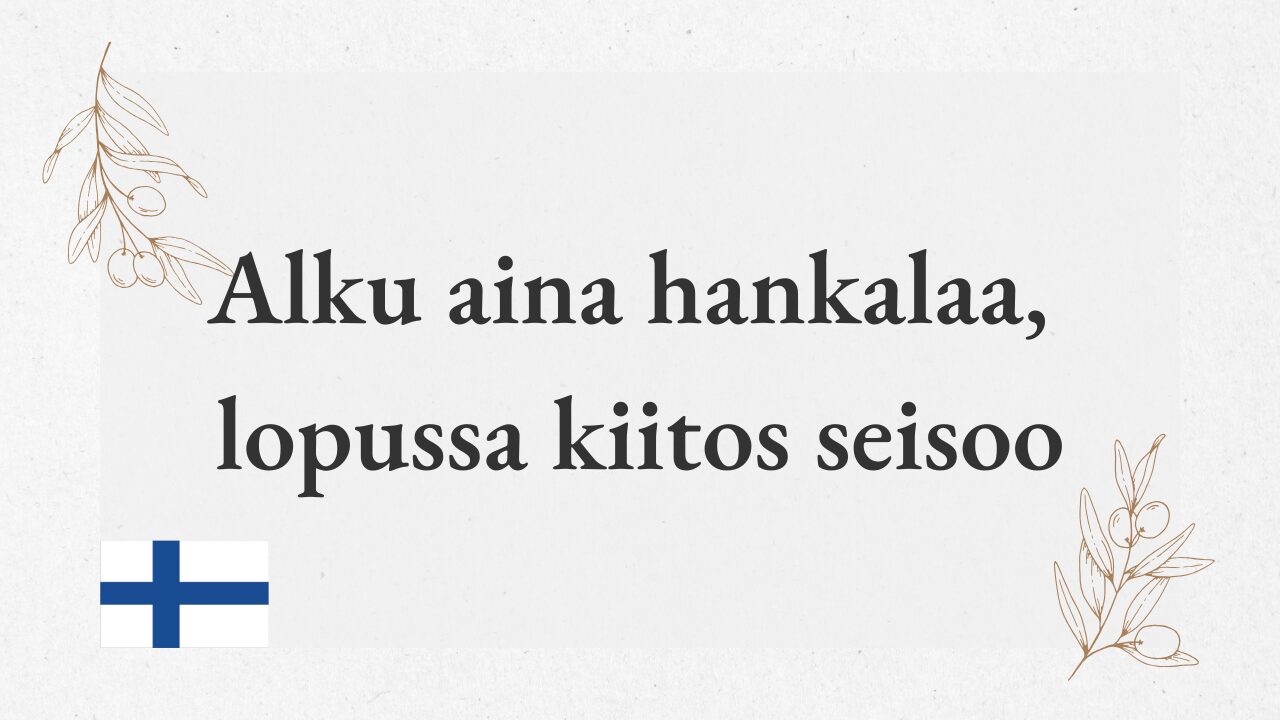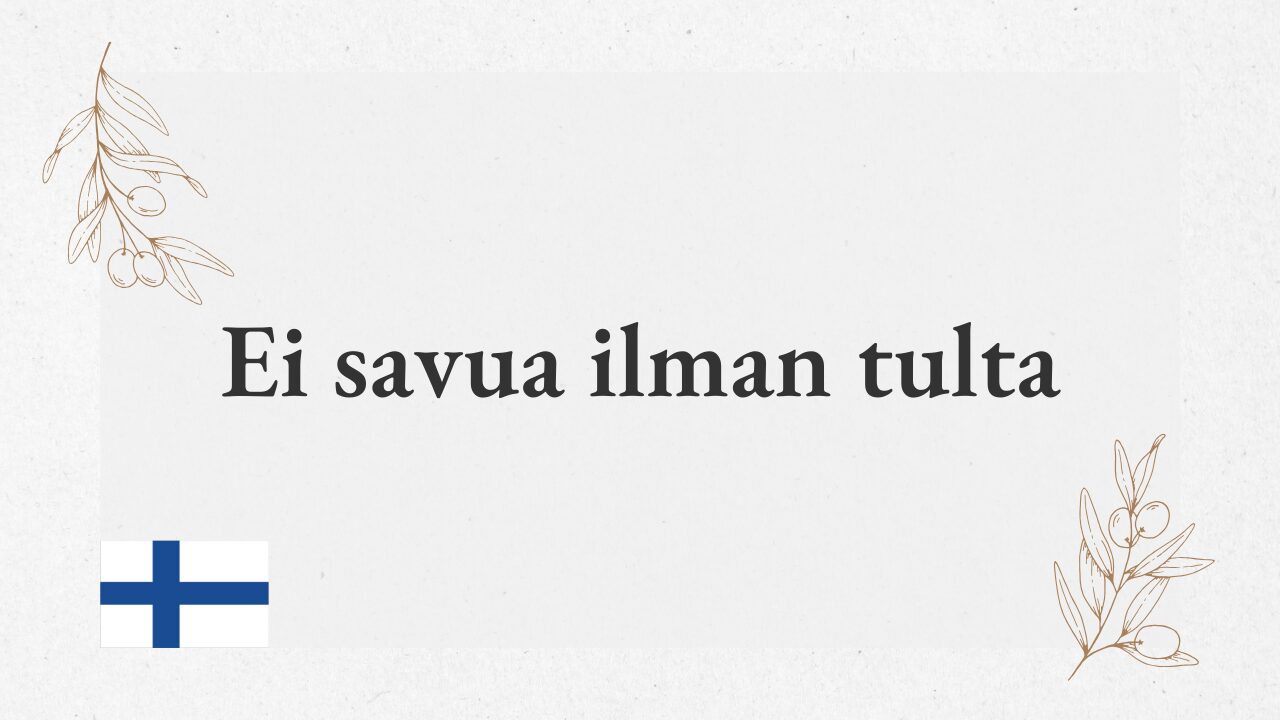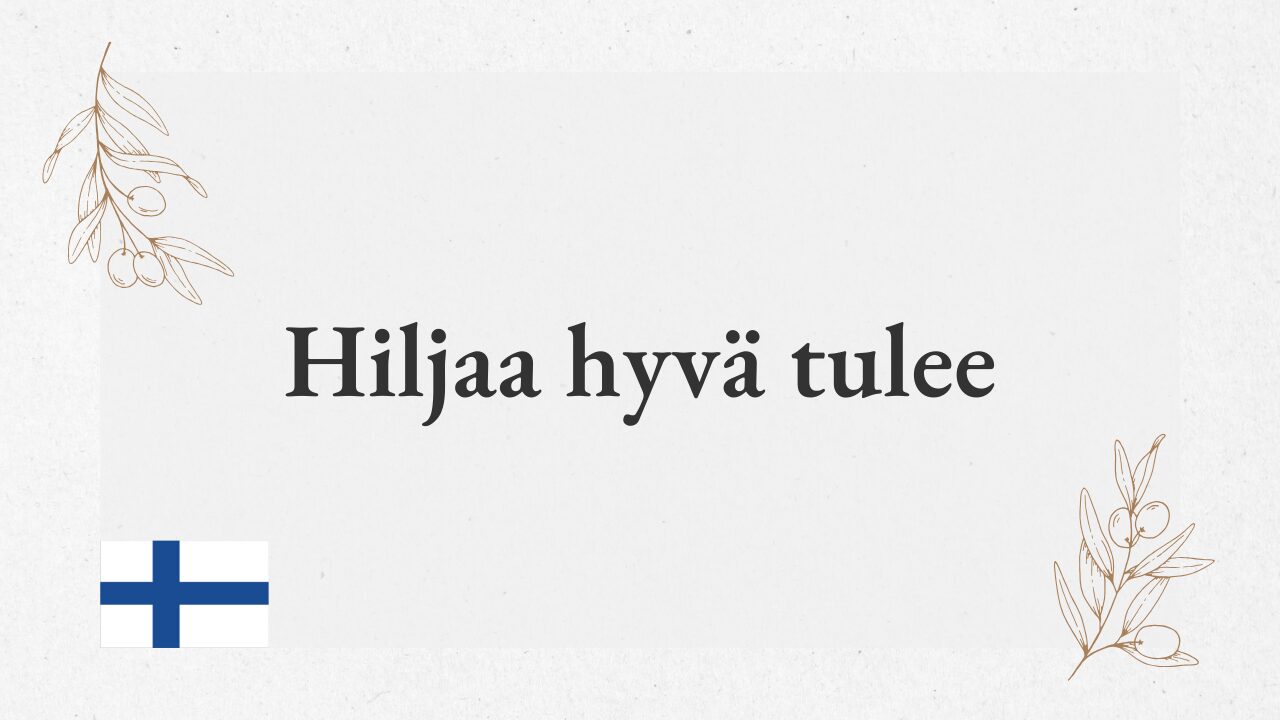“Hyvä antaa vähästään, paha ei paljostaankaan” – A good person shares even a little, but a bad person does not share even when they have a lot.
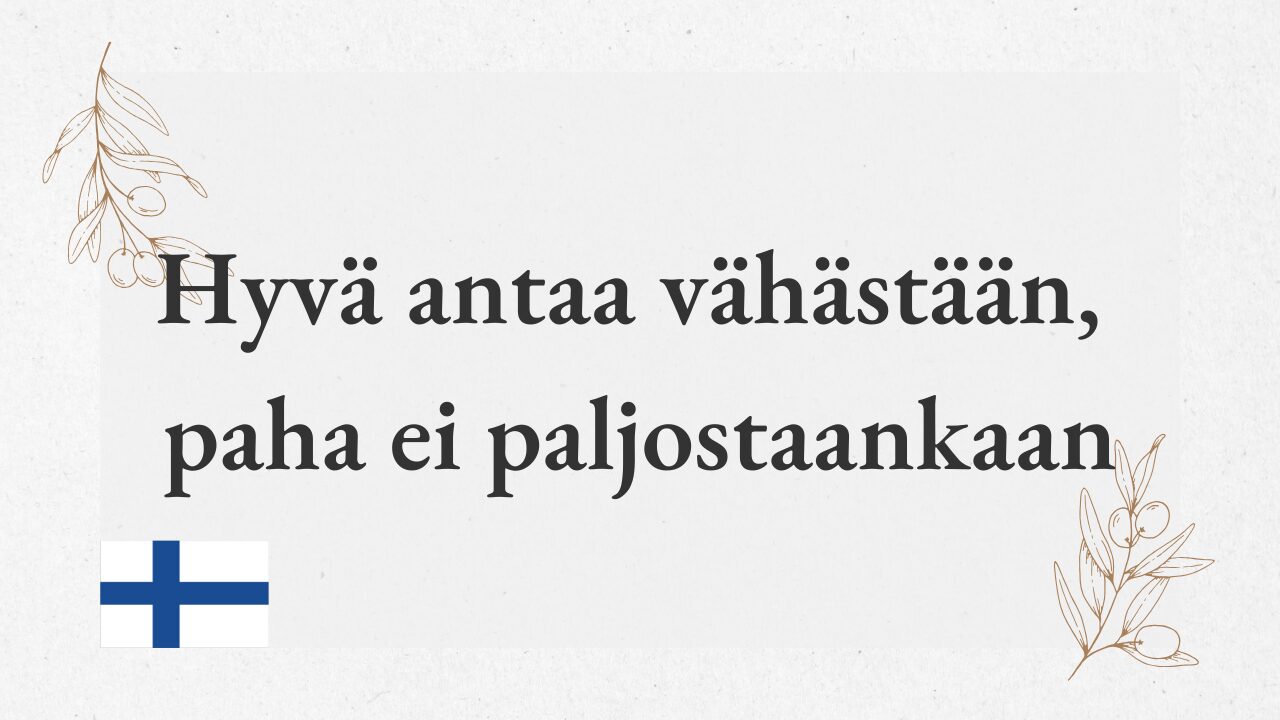
Meaning
“Hyvä antaa vähästään, paha ei paljostaankaan” literally translates to “A good person shares even a little, but a bad person does not share even when they have a lot.” This proverb teaches that a person’s true value is not determined by how much they possess, but by how they handle what they have and how much they are willing to share with others.
In Finland, humility and caring for others are seen as virtues, and this saying emphasizes these values. This proverb shares common values with many cultures. In Japanese, the concept of “inner richness” or “sharing even a little” is very similar to this Finnish proverb.
For example, the Japanese expression “The light of a poor man’s offering” refers to the great value of even a small donation given from the heart, which aligns with the spirit of this Finnish saying.
Similarly, the English expression “It’s the thought that counts” conveys the idea that the care and intention behind an action are more important than the material amount or value.
Origin
This proverb reflects values that developed in Finland’s rural society. In Finland’s cold climate and natural environment, essential goods and resources were not always abundant, especially during the harsh winter months. People were often required to share limited resources and help each other.
Even if they had only a small amount, the act of sharing with others played an important role in maintaining the community. This background led to the belief that a good person helps others even with limited resources, while a selfish person, despite their wealth, does not share with others.
Usage
This proverb is still used today to praise acts of kindness, donations, and care for others. It highlights the importance of sharing with others, even when one does not have much. Conversely, it can be used to criticize those who have plenty but fail to help others.
The proverb is especially common in situations where people are supporting those in need or encouraging compassion towards those in weaker positions in society.
Conclusion
“Hyvä antaa vähästään, paha ei paljostaankaan” is a Finnish proverb that means “A good person shares even a little, but a bad person does not share even when they have a lot.” It emphasizes the importance of giving to others, even when you have little, and praises the generosity that comes from a caring heart.
This proverb reflects Finland’s values of humility and caring for others, and it is still widely used today in situations involving assistance or support for others.

